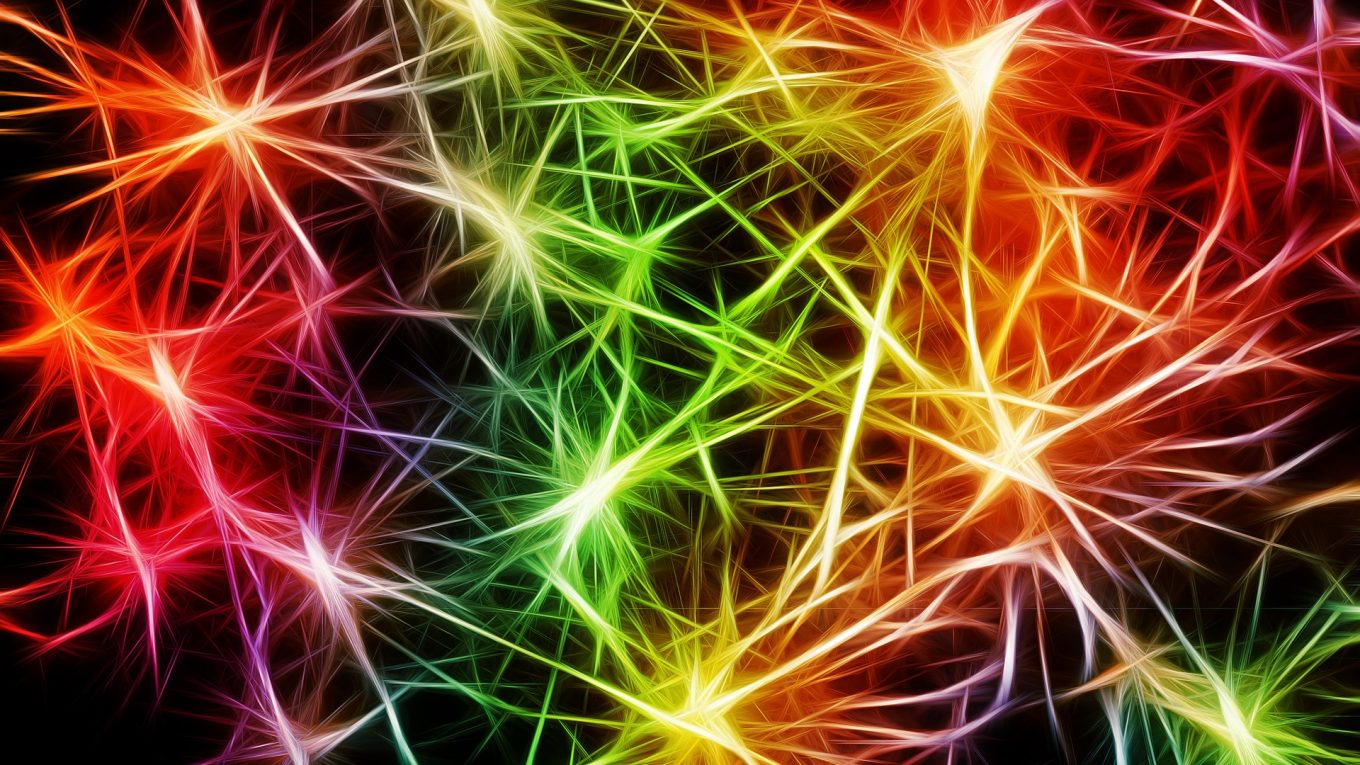Everything I Do, I Do For You!
This is a reflection for week one of 6411 Cognition and Learning.
I’m having a conversation with my brain, while working on building the brain I want to have. It’s all about neuroplasticity and thinking about thinking – the behaviours and activities I do today will change my brain. Everything I do, I do to change my brain in it’s chemical, functional, and structural constitution. So, by writing this blog post, I’m changing my brain. By having a second cup of coffee, I’m changing my brain. By standing to work, rather than sitting, I’m changing my brain. While engaging in conversation with colleagues, I’m altering my brain. Practicing and reflecting on my thinking will change my brain. Everything I do, I do for my brain.
After viewing and reflecting on the introductory video for the 6411 Cognition and Learning course, I’ve discovered some insight into the power and potential of doing repetitive, mundane tasks. It’s part of my ‘practice’. I’m also realizing, with a renewed perspective, that some of my behaviours and practices are not supporting effective use of neuroplasticity by not being challenging enough. The most effective changes occur when there is ‘just enough’ difficulty in the task, to engage the brain to structurally change. I’m discovering the ultimate reason I’m taking this PhD – I want to continue to build the brain I want. I’m not finished learning, yet.
I’m priming my brain for the work required in this course, and this PhD program, just as Dr. Lara Boyd outlines in the Ted Talk After Watching This, Your Brain Will Not Be The Same. I’ll use brain stimulation, exercise, and practice to change the structure of my brain to embed information into long term memory, and by engaging challenging thinking tasks that change the brain chemistry required for short term memory. I’ll learn how to learn while learning about learning. By taking this course, I’m engaging my long term memory of psychological theories and concepts, refreshing my memory about learning theories and practices, making connections between previously learned conceptions with new information, and building fluid networks of ideas, within long term and short term memory. New thinking will occur. Critical thoughts may emerge.
